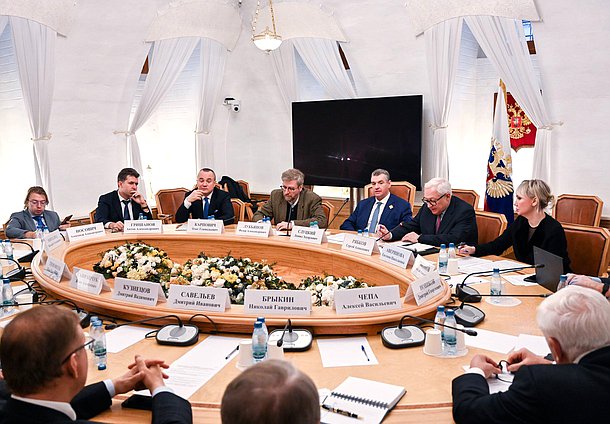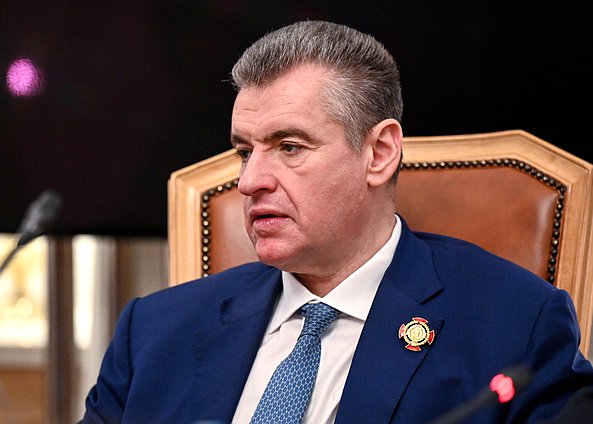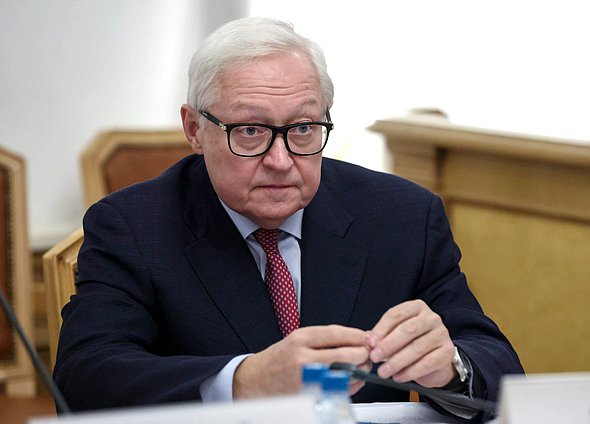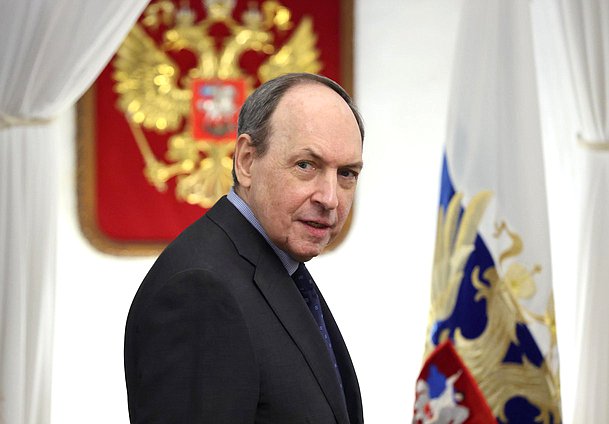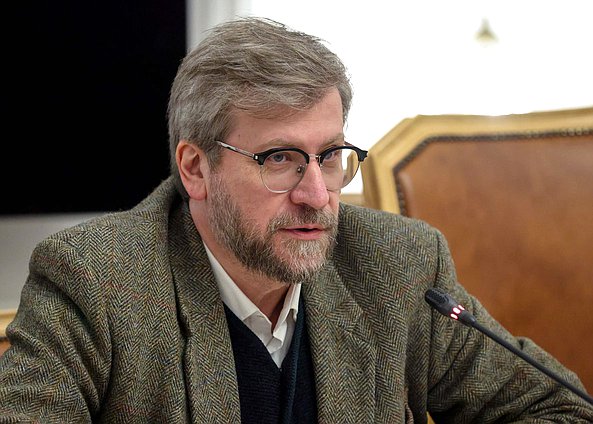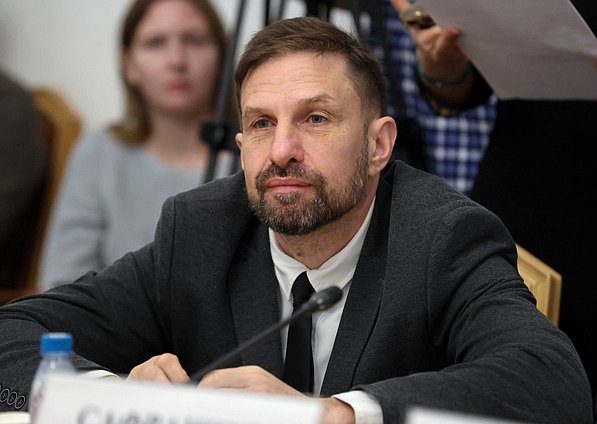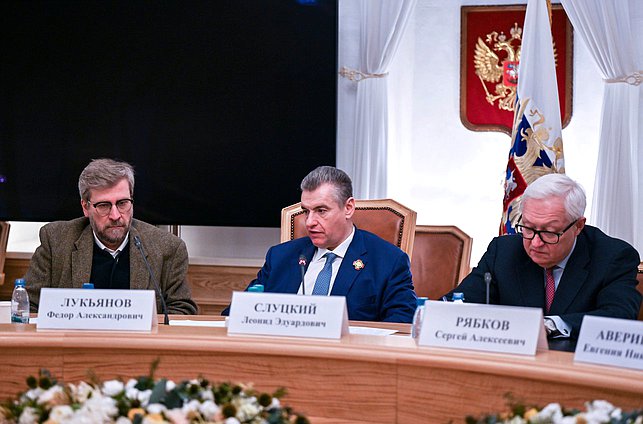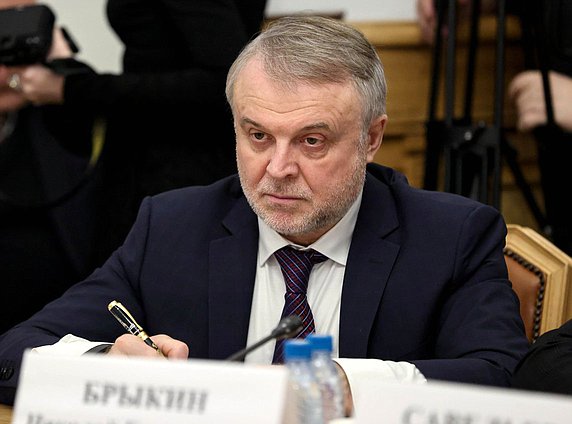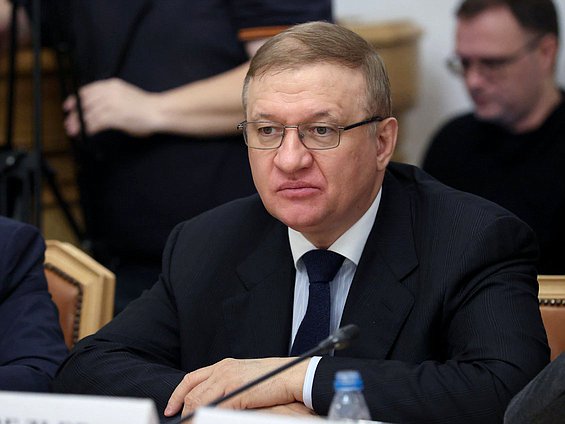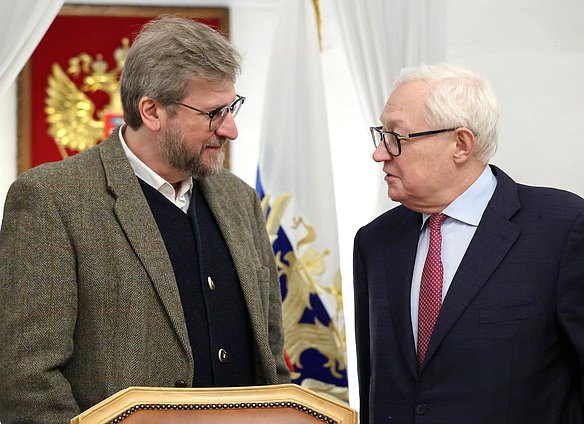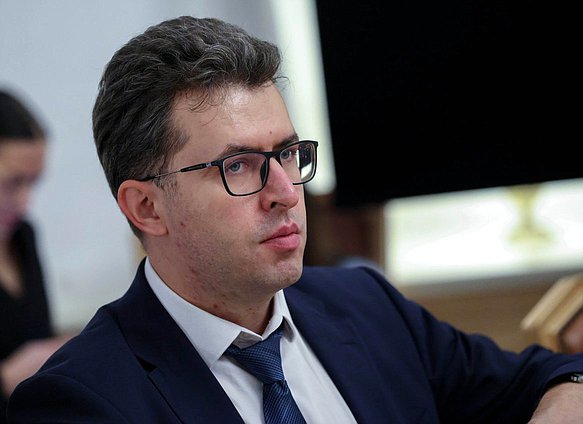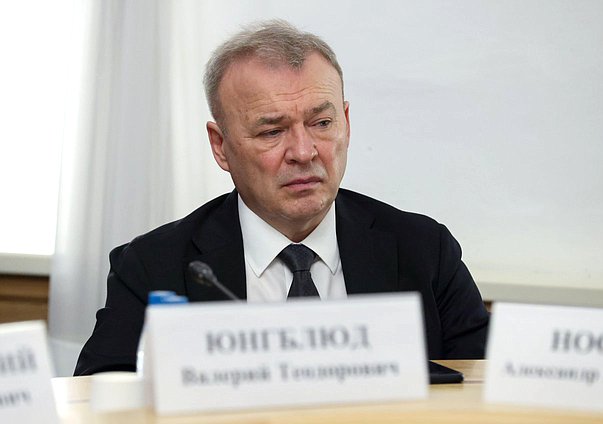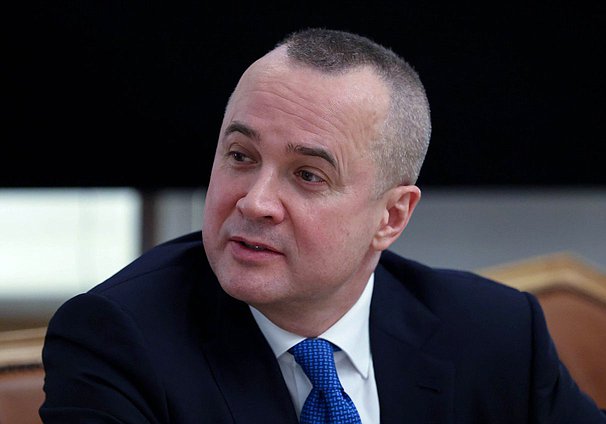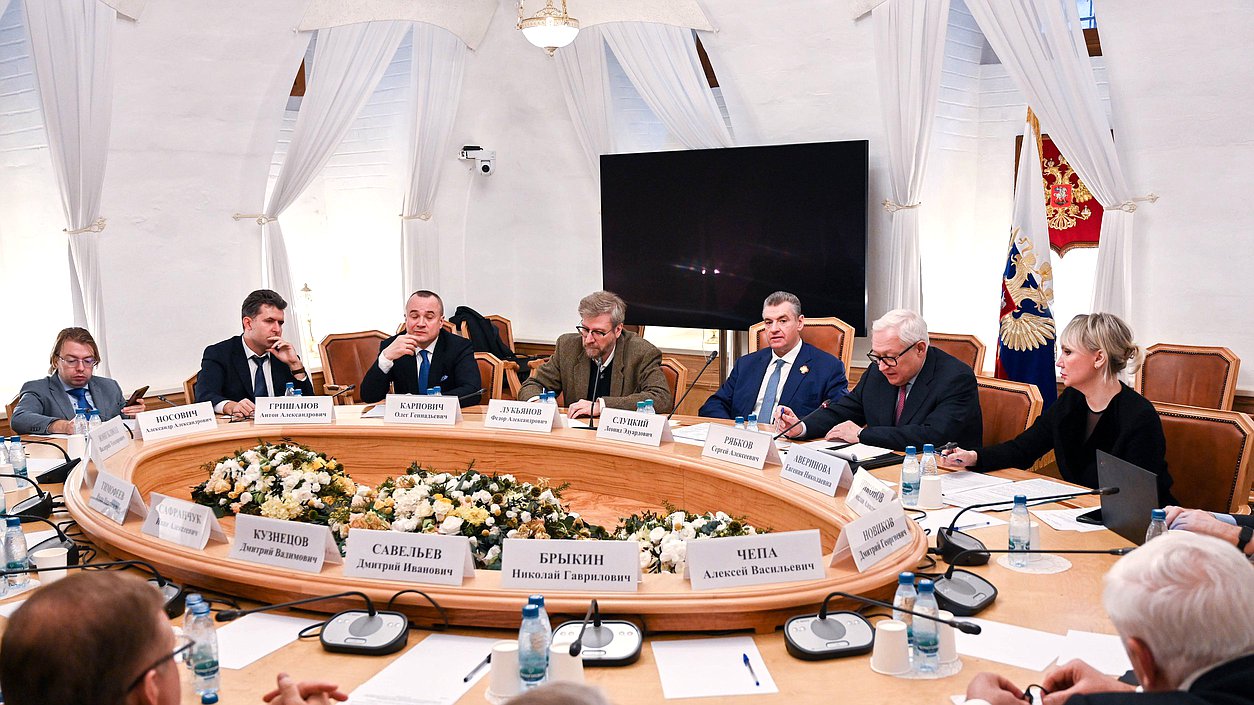
The Expert Council of the Committee on International Affairs, with the participation of the Deputy Minister of Foreign Affairs of the Russian Federation Sergey Ryabkov, held a meeting where the participants discussed the topic “Transatlantic Pressure on Russia: Near-term Prospects and Limits of Escalation.” The meeting participants focused on Russia-US relations, including in the context of the Ukrainian crisis, as well as countering the escalation of the situation by the European “war party” and attempts to expropriate Russian sovereign assets illegally blocked in the West.
Opening the meeting, Fyodor Lukyanov, Chairman of the Expert Council and Editor-in-Chief of the journal “Russia in Global Affairs,” emphasized the need for developing a prompt response to the increased external threats. “We witness the confrontation between our opponents that continue unabated; on the contrary, it enters an increasingly systemic and violent phase, can be seen on all fronts. And there are attempts to pressure Russia, whether through military means or not, they are undoubtedly currently one of the main areas of our adversaries' activity. For those involved in foreign policy, and not only foreign policy, for all those involved in public administration in our country, it is, of course, extremely important to understand the limits of escalation,” said Fyodor Lukyanov.
The Deputy Foreign Minister Sergey Ryabkov noted the current state of Russia's relations with the Western states that has its own prehistory and deep-rooted causes. According to him, the main one is Western expansion eastward, getting closer to Russia's borders. “We have witnessed the escalation for several decades when they almost completely ignored Russia's vital interests, primarily in the area of security. We have repeatedly called on those who represent the collective West to resolve the contradictions they have created in the area of security, particularly European security,” said Sergey Ryabkov.
The Chairman of the Committee on International Affairs Leonid Slutsky

Leonid Eduardovich
added that, in particular,
the EU's “elite” still does not understand the root causes of the Ukrainian
crisis and intends to correct its near-negative domestic political ratings by increasing
Russophobic hysteria.
“At the same time, the resources of the European bureaucracy are exhausted, and billions of euros have already been spent on the war to the last Ukrainian (total EU aid to Kiev since 2022 is approximately 180 billion euros). To continue funding Kiev in the West's hybrid confrontation with Russia, they discuss possible methods to legalize the seizure—or, more simply, robbery schemes of Russia's illegally frozen gold and foreign exchange reserves. “Belgium's position does not legalize this collusion of thieves, but this issue has not been excluded from the agenda,“ emphasized Leonid Slutsky.
According to him, Russia “is possible to response to the Russophobic madness.” “But Europe almost ceased to be united in its anti-Russian hysteria. The 'fragmentation of common sense' still continues. And today, the Czech Republic starts to support Slovakia and Hungary. For our part, we continue to work with common-sense politicians in the Old World,” the Chairman of the Committee concluded.
The Expert Council of the State Duma Committee on International Affairs is an advisory body that provides analysis and develops proposals on current legal, socio-political, and socio-economic issues in international relations.
